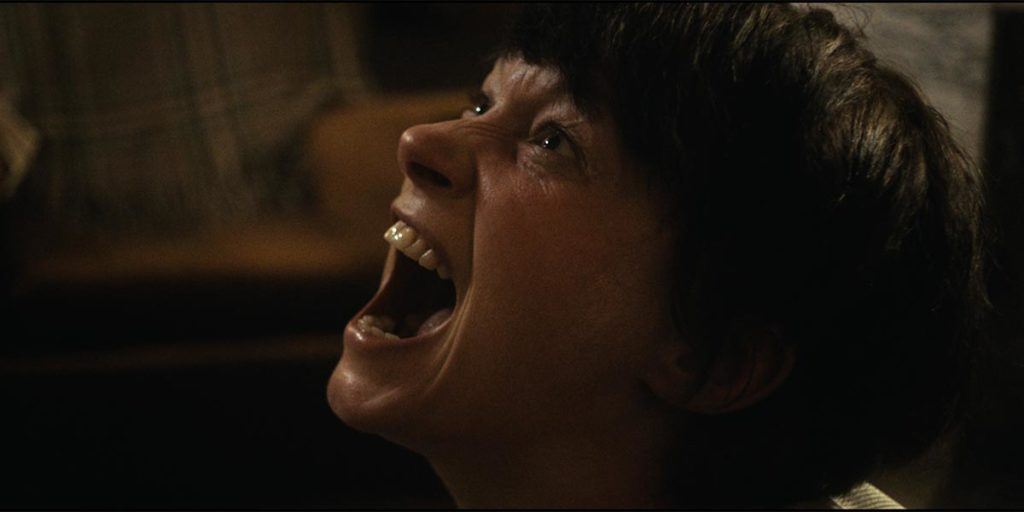You Are Not My Mother

Image courtesy TIFF.
My heritage is an eclectic mix of cultures from multiple continents, a complex tree with many branches obscured from view, thanks to lost records or forced assimilation. But, a few points of origin remain clear. For one, part of my maternal family line can be traced back to Cork County in Ireland. I have a clear memory of my grandmother recounting tales from Irish mythology, specifically the enigmatic and feared supernatural beings known as the Fae Folk. My younger brother was a silent, thoughtful baby in almost a disquieting way; she’d jokingly refer to him as the “Little Changeling”. His behavior was a striking contrast to my infancy, which had been a screaming, colic mess.
It wasn’t until I was older, and researched these folk legends, that an explanation for the Fae’s origins became clear. In the absence of modern knowledge of serious neurological conditions, these fables gave communities an explanation for a loved one’s sudden or frightening behavioral change. In an environment of limited resources where every family member had to pull their weight, blaming sickliness on the presence of a malevolent imposter served as an excuse for infanticide. Interweaved with human suffering and ignorance, these myths are mired in darkness. Kate Dolan realized this truth when she made YOU ARE NOT MY MOTHER.
From its opening shot—a baby sitting alone in a carriage under a streetlamp—a sense of unease settles over the film and never leaves. Char (Hazel Doupe) is the only child of a single parent, raised within an unconventional household. Her mother, Angela (Carolyn Bracken), soldiers through intermittent bouts of depression, while her grandmother (Ingrid Craigie) and uncle (Paul Reid) provide a support system, ready to lend a hand when Angela inevitably experiences a bad turn.
Intelligent and introverted, Char struggles to navigate the stress of worrying about her mother and the incessant bullying of her peers. After a particularly trying day, Char discovers Angela’s empty car abandoned in the middle of a field; despite the police’s assurances (this isn’t the first time her mother wandered off), she instinctively knows that something’s wrong. When Char awakens the next morning to find the front door ajar and Angela sitting silently at their kitchen table, it soon becomes evident that the person who returned only wears her mother’s face; whatever lurks underneath isn’t human.
It’s common for horror films to serve as an allegory for mental illness, the accompanying fear of biological inheritance, and the familial trauma that can quickly accumulate if sufferers remain undiagnosed or untreated. I fully expected YOU ARE NOT MY MOTHER to center around Char’s mounting terror as she witnesses her mother’s deterioration and must accept that her own sanity might be next. Instead, this interpretation is more oblique, serving as a chilling acknowledgement of how generations past invented the Fae as a coping mechanism for tragedies outside of their control or understanding.
Dolan utilizes imagery that isn’t as bloody as it is deeply, viscerally disquieting. A sequence where The Thing That Isn’t Angela chases Char up the stairs had my skin crawling for minutes afterward. Our brains recognize any unnatural aberration in human appearance or behavior, a phenomenon known as the Uncanny Valley effect; we fully buy into the concept that Angela was supplanted by a cryptid.
Some might complain that the film’s resolution strains credibility. I found it comforting. Delving into the history of Irish mythology, I stumbled across the horrific, true story of Bridget Cleary—immolated by her husband in 1895 when suspected to be a Fae doppelgänger. There’s enough cruelty in the world as it exists; I’ll gladly accept the simple satisfaction of a hopeful ending.